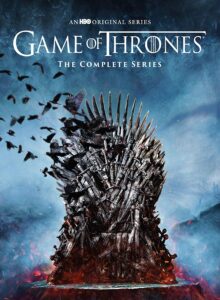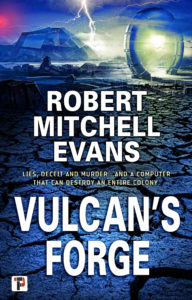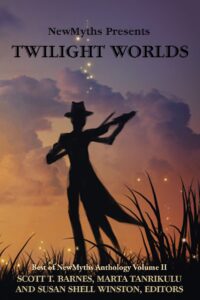Yesterday, now about 23 hours ago, I received the second dose of Pfizer’s mRNA vaccine for COVID-19. I count myself extremely lucky that workers in the health care industry, though I do not directly interact with patients or people receiving care, I am eligible to get the vaccine. I have to say that my employers and my union have done an excellent job providing care to our members and patients while protecting the staff and workers throughout our facilities.
As far as adverse events I seem have suffered quite few. I took the day off from work and that was the right call. By late afternoon I experienced muscles aches and possibly a fever but nothing more than that at the time. I was still able to get just over 1000 words down on my novel and attend the virtual meeting of my writers’ group.
This morning I awoke to a minor headache, enough to be annoying but not enough to compel the heavy-duty migraine medication or that I remain home. In about fifteen minutes or so I will leave for work, I am among the few that are working in the office versus working from home, and I expect today to be fairly routine. In one week, I should be at full immunity and be able to relax a little while mourning my dear friend who passed from this pandemic last year far too soon gone from our lives.



